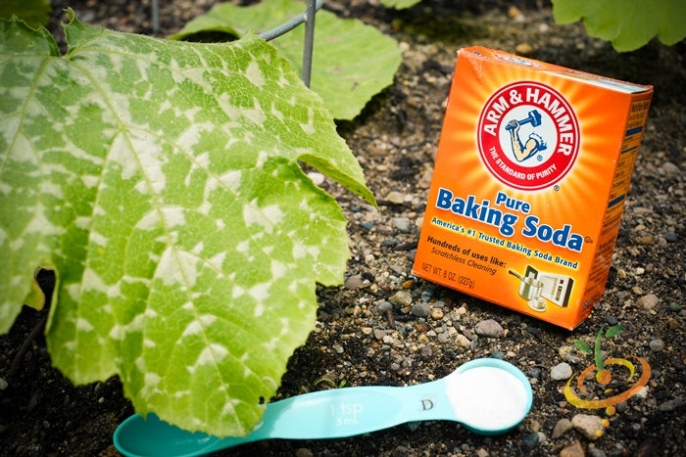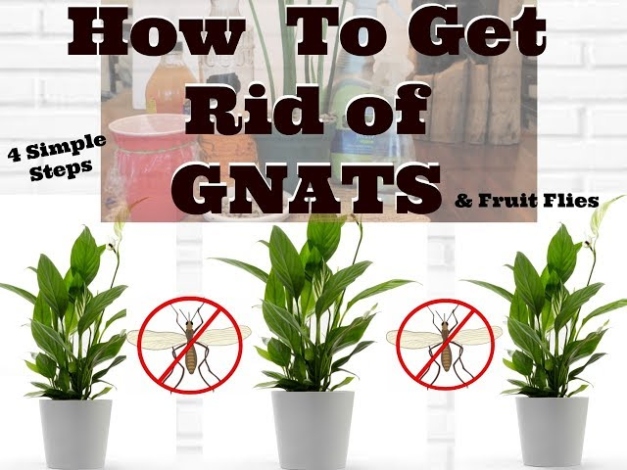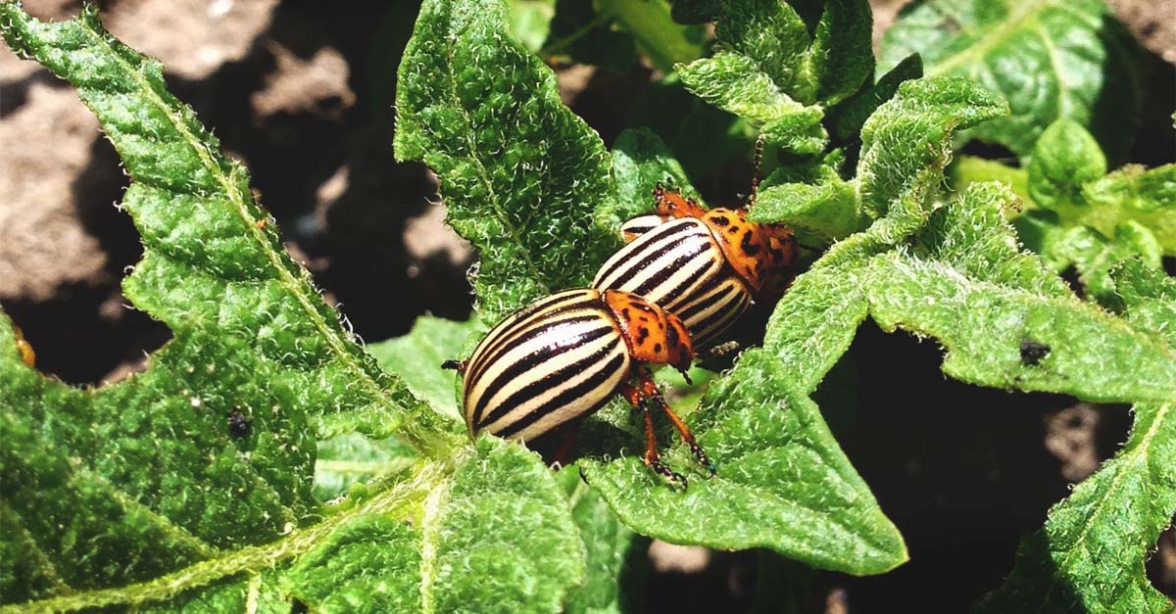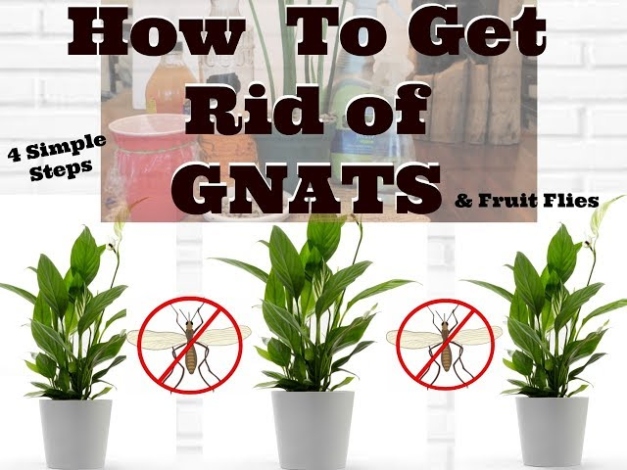How to Get Rid of Spider Eggs on Plants
What do you mean by spider eggs on plants?
Spider eggs on plants refer to the small, round, white or tan egg sacs that spiders lay on the underside of leaves or in hidden corners of plants. These eggs are laid by female spiders to protect their offspring and ensure their survival. While spiders are beneficial in the garden as they help control other pests, having an infestation of spider eggs can be unsightly and potentially harmful to your plants.
How to identify spider eggs on plants?
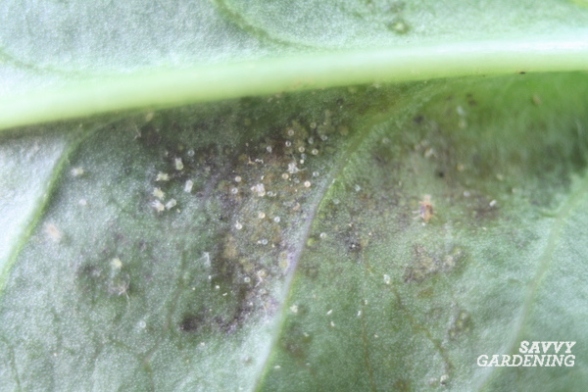
Image Source: i0.wp.com
Identifying spider eggs on plants is relatively easy once you know what to look for. The egg sacs are usually small, round, and can be white or tan in color. They are often found on the underside of leaves or in hidden corners of plants. If you see a cluster of small, round sacs that look like cotton balls, chances are you have spider eggs on your plants.
What is known about spider eggs on plants?
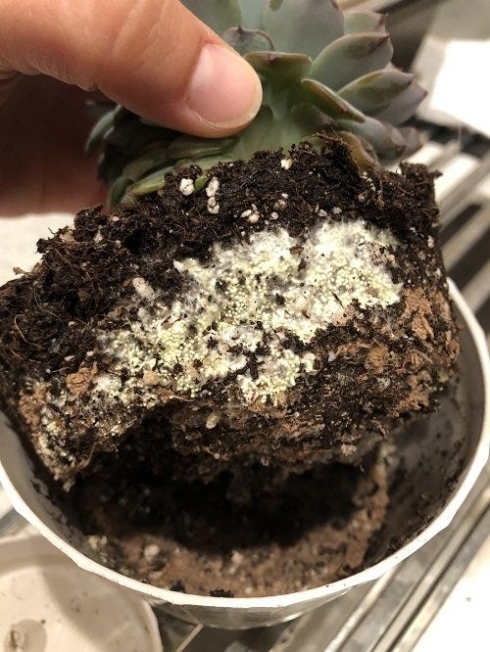
Image Source: medium.com
Spider eggs on plants are a common occurrence in gardens and landscapes. Spiders are beneficial insects that help control other pests in the garden, but having an infestation of spider eggs can be a nuisance. The presence of spider eggs on plants can also indicate a larger population of spiders in the area, which may lead to more egg sacs being laid and potentially more spiders in the future.
How to get rid of spider eggs on plants?
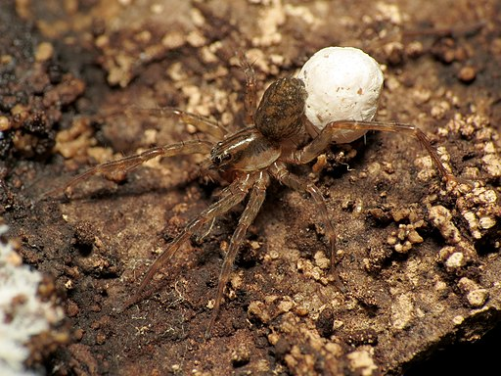
Image Source: gardencomposer.com
There are several methods you can use to get rid of spider eggs on plants. One natural and effective way is to simply remove the egg sacs by hand. Wear gloves to protect your hands and Carefully remove the egg sacs from the plant. You can then dispose of them in a sealed plastic bag or burn them to prevent the eggs from hatching. Another method is to use a mix of water and dish soap to spray on the egg sacs, which can suffocate the eggs and prevent them from hatching.
Solution to get rid of spider eggs on plants
If you have a large infestation of spider eggs on your plants, you may need to take more drastic measures to get rid of them. One option is to use insecticidal soap or neem oil, both of which are safe and effective ways to kill spider eggs. Simply spray the affected areas with the soap or oil, making sure to cover all the egg sacs. Repeat this process every few days until the spider eggs are completely gone. You can also introduce natural predators of spiders, such as ladybugs or lacewings, to help control the population of spiders in your garden.
Information on spider eggs on plants
Spider eggs on plants are not harmful to humans, but they can be damaging to your plants if left unchecked. The eggs can hatch into spiderlings, which can feed on the plant’s leaves and flowers. This can lead to stunted growth, discoloration, and even death of the plant if the infestation is severe. It is important to take action to get rid of spider eggs on plants as soon as you notice them to prevent any damage to your garden.
How to prevent spider eggs on plants?
Preventing spider eggs on plants is key to avoiding a future infestation. One way to prevent spider eggs is to regularly inspect your plants for any signs of egg sacs and remove them as soon as you see them. Keeping your garden clean and free of debris can also help deter spiders from laying their eggs on your plants. In addition, introducing beneficial insects that prey on spiders, such as praying mantises or parasitic wasps, can help keep the spider population in check.
Conclusion
Getting rid of spider eggs on plants is important to maintain the health and appearance of your garden. By using natural and effective methods, such as hand removal, insecticidal soap, and introducing natural predators, you can successfully eliminate spider eggs from your plants and prevent any damage they may cause. Remember to regularly inspect your plants for signs of spider eggs and take action promptly to keep your garden free of infestations.
FAQs
1. Are spider eggs harmful to plants?
Spider eggs themselves are not harmful to plants, but the spiderlings that hatch from them can feed on the plant’s foliage, leading to damage.
2. How quickly do spider eggs hatch?
Spider eggs usually hatch within a few weeks, depending on the species of spider and environmental conditions.
3. Can I use chemical pesticides to get rid of spider eggs?
While chemical pesticides can be effective in killing spider eggs, they can also harm beneficial insects and the environment. It is best to use natural and safe methods to control spider eggs.
4. Will removing spider eggs attract more spiders?
Removing spider eggs may not necessarily attract more spiders, but it can help prevent a larger infestation in the future.
5. Can spider eggs be washed off with water?
Spider eggs are usually attached firmly to the plant, so simply washing them off with water may not be enough to remove them completely.
6. Are there any plants that spiders prefer to lay their eggs on?
Spiders do not have a specific preference for certain plants to lay their eggs on, but they tend to choose plants with dense foliage and hidden corners.
7. How can I attract beneficial insects to my garden?
To attract beneficial insects that prey on spiders, you can plant a variety of flowers and herbs that provide nectar and pollen, create habitats like birdhouses and bee hotels, and avoid using chemical pesticides that can harm beneficial insects.
how to get rid of spider eggs on plants







